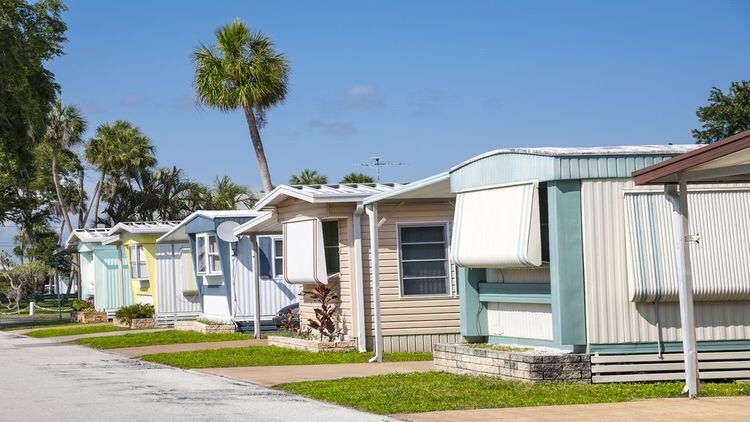Wrong Assumption
Several people make decisions about home ownership under the assumption that the value of mobile homes do not increase. For those who believe the value increases, they think the increase in the value is at a slower rate as compared to that of traditional homes.

However, data from a recently released study projects that the assumptions might be untrue. If the report is true, it could have significant implications on people’s quest for affordable housing all over the nation.
The report released by Urban Institute, a think tank based in Washington, D.C. analyzed the data the Federal Housing Finance Agency released earlier in August. The data showed that the price index for mobile homes also referred to as manufactured homes, recorded 3.4% as its average yearly growth rate while traditional and site-built houses were at the rate of 3.8%.
Sources claim that in the past few years, the prices of owning a home have actually gotten higher at a more rapid rate for mobile or manufactured homes than it has for traditional and site-built properties.
Reasons For Assumption
However, the trend isn’t always obvious due to the fact that mobile homes have more popularity in areas where the general recovery from the past housing crisis hasn’t been very solid. For example, California accounts for almost 18 percent of the total hosting market in the nation but consists only of 4 percent of the mobile hosting market given the amount of the units shipped.

As a result of the fact that mobile homes generally are not really concentrated in the housing markets where notable recovery from the housing crisis has been recorded, it has caused an impression that the values of these mobile homes do not appreciate at the exact rate at which the value of traditional homes increases. However, the reality is that the appreciation of a home reflects the location of the homes more than it reflects whether or not the home is traditional or mobile.
Alabama, North Carolina, Florida, Texas, and Louisiana represent 41 percent of the mobile housing market. However, they have witnessed an increase in price that falls below the overall national level.
A source states that the report considered only mobile houses of which the financing was loans that were guaranteed by Freddie Mac and Fannie Mae. However, several owners of mobile homes financed their purchase without taking out a traditional loan due to the fact that their ownership is limited to the structure, i.e. the building, and doesn’t extend to the land on which it is located.
As such, most of them took out chattel loans and that refers to personal loans that share more similarities with auto loans than mortgages.
It is important to mention that these loans usually cost more as compared with mortgages. The interest rates of these loans are usually higher than that of mortgages.
It is unclear whether the findings of the report are applicable to homes that were purchased with this class of loan. Regardless, it could still strongly indicate that manufactured homes can be considered as a good investment. The researchers wrote that even though the exposition provided by the data is limited, the index still suggests that there is a need to have a re-evaluation of the popular presumption that mobile homes appreciate at a slower rate than traditional homes.
Cons of Manufactured Homes
There are, however, several disadvantages to owning a manufactured home. The owner of a manufactured house who isn’t the owner of the land obviously has to pay rents for the land. The cost of rent can increase as time goes on. Also a lot of times, the homes are actually not mobile regardless of the name.

Thus, if the cost of renting the land becomes very expensive or in a case where the owner of the land elects to put it up for sale, the owners of the homes will have no option but to move out or sell the home.
Also, mobile homes are likely to get damaged in case of natural disasters such as tornadoes and hurricanes. Thus, because a lot of owners purchase the manufactured homes with a cash payment, most insurers offer only coverage of actual value for properties instead of coverage for replacement value. This reduces the amount that insurers need to pay out. That left a lot of people in Florida with severe losses following the effects of Hurricane Irma in the state in 2017 that damaged or destroyed a lot of mobile homes.





